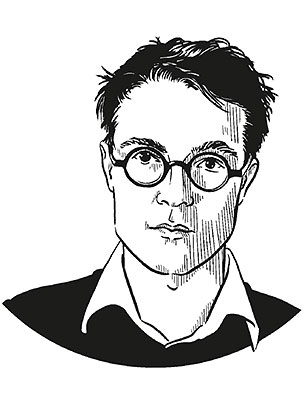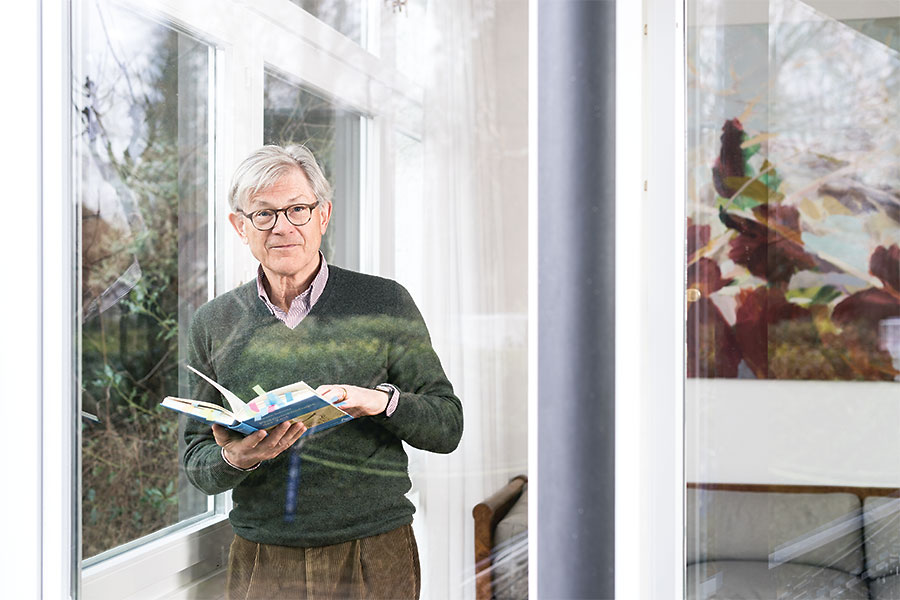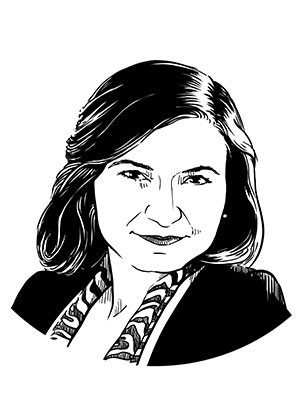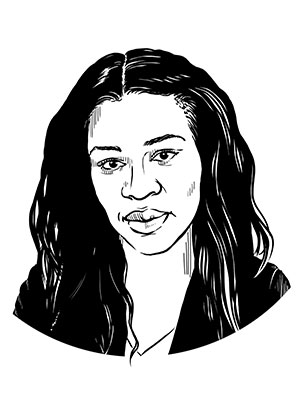UNI NOVA – Research Magazine of the University of Basel
-
 Opinion
OpinionAgainst dichotomy
Text: Markus Krajewski / If a university should stand for anything, it is the ability to master complicated subject matter. A short paean to complexity.
-
 Portrait
PortraitTalking about language
Text: Sarah Schupp / Martin Luginbühl is a language enthusiast. His passion as Professor of German Studies is for applied linguistics – such as language use in the media.
-
 Column
ColumnHermann Schmitz’s “Phänomenologie der Zeit”
Text: Wolf Langewitz / My book: Wolf Langewitz, Professor of Medicine, recommends “Phänomenologie der Zeit” by the German Philosopher Hermann Schmitz.
-
 In conversation
In conversation“I had to learn how to study”
Interview: Bettina Huber / Dr. Kurt Pelda, an alumnus of the University of Basel, is a war reporter and freelance journalist. He has stayed true to the vow he made on receiving his doctorate in economics: Always to think of the pursuit of truth as a serious and noble task; to make every endeavor to achieve this aim and to carry out all activities in a responsible, conscientious and equitable manner. He has been given the 2016 Alumni Award in recognition of his commitment.
-
University
Mentor wanted – mentor found
Interview: Stefanie Hof-Seiler / Since the fall semester of 2016 the Vereinigung Basler Ökonomen (VBÖ), the alumni organization of the Faculty of Business and Economics at the University of Basel, has offered a mentoring program for students of the faculty. It is intended to facilitate the personal transfer of know-how and career planning strategies.
-
In pictures
Shining a light on the materiality of art
Photographs can only reproduce the materiality and visual impact of a work of art to a limited extent. This is particularly true of how light is reflected off surfaces. Researchers at the Digital Humanities Lab are working on new ways to digitally capture and portray the visual properties of artworks.
-
 Dossier
DossierMigration holds the key to the future
Text: Walter Leimgruber / The idea of society as a stable structure providing those born into it with a clear framework of shared belonging while demarcating them from «others» is a concept which only arose with the modern nation state – and it is already obsolete.
-
 Dossier
DossierThe fall of the border guards
Text: Irène Dietschi / Political sociology professor Bilgin Ayata explains the surge in migration toward Europe largely as a consequence of the Arab Spring. In cozying up to Turkey’s Erdogan regime over the refugee crisis, the European Union has shown that it learnt nothing from previous events in Libya and the Arab Spring, she argues.
-
 Dossier
DossierHighly skilled migrants in Senegambia and Switzerland
Text: Pascal Schmid / Diplomats, academics, scientists and professionals: Many well-educated people live on different continents and experience foreign cultures. The doctoral researcher Khadeeja «Haddy» Sarr is examining life experiences, transnational activates and decision-making of highly skilled migrants from Senegambia living in Switzerland and Swiss migrants living in the Senegambia region.
